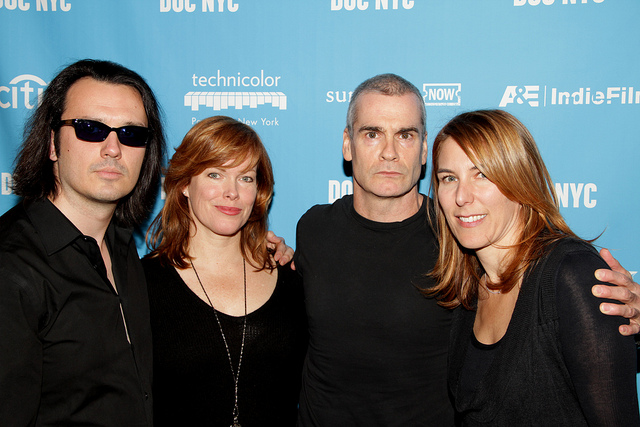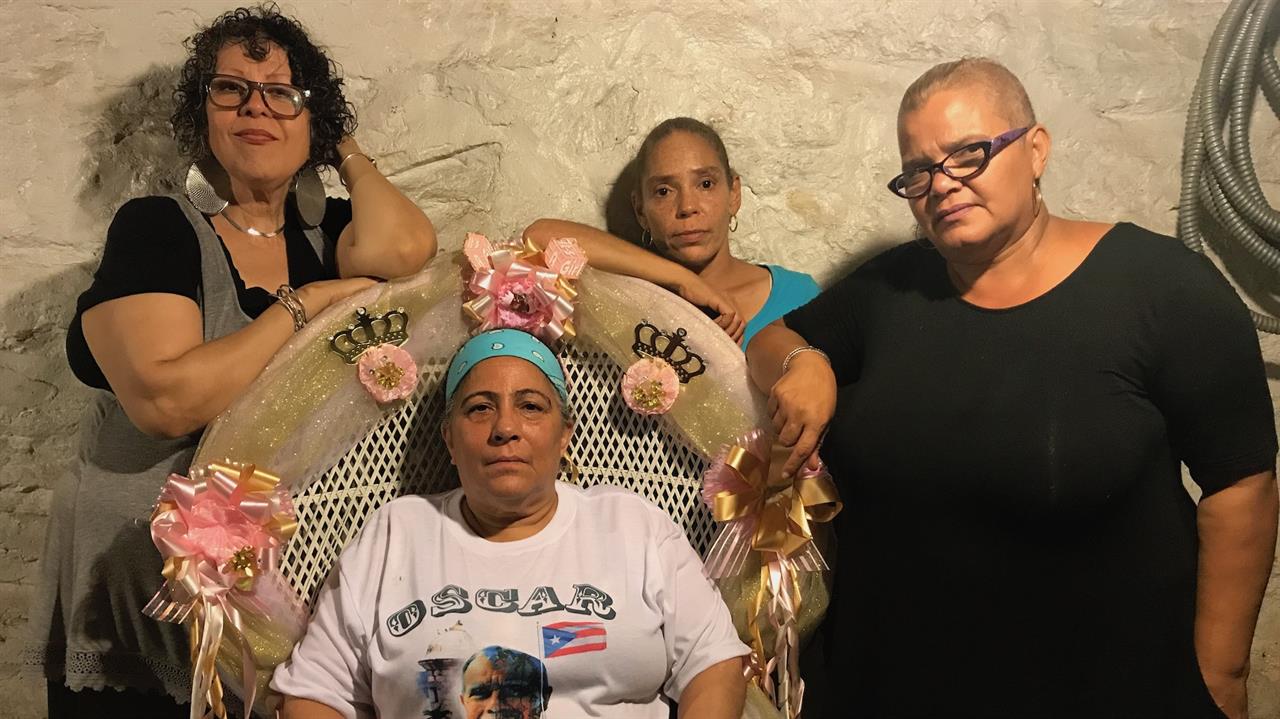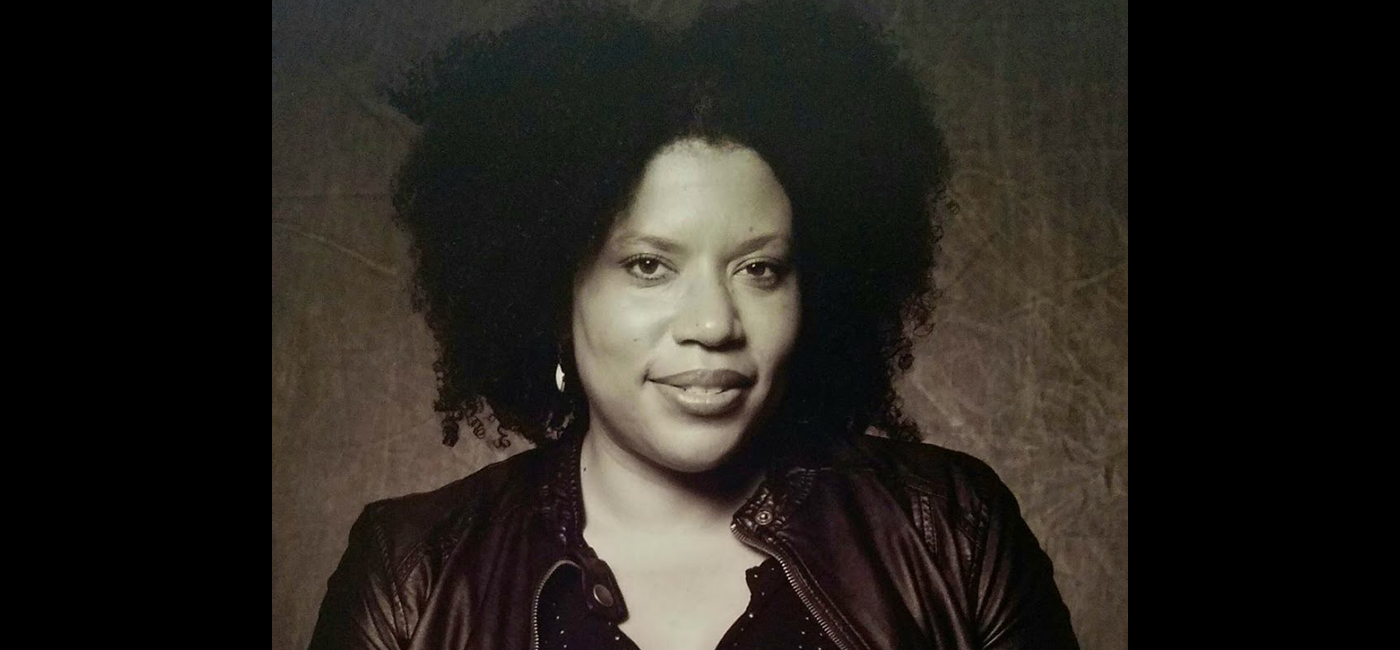West of Memphis: Freeing the West Memphis Three

This post was written by DOC NYC blogger Carrie Nelson

From left, Damien Echols, Lorri Davis, Henry Rollins and Amy Berg at the DOC NYC screening of WEST OF MEMPHIS.
When filmmaker Peter Jackson and his wife Fran Walsh saw Joe Berlinger and Bruce Sinofsky’s PARADISE LOST: THE CHILD MURDERS AT ROBIN HOOD HILLS, they vowed to do everything in their power to bring the case to justice. In addition to providing financial resources critical to reopening the West Memphis Three’s case, they enlisted the support of Oscar-nominated filmmaker Amy Berg. The result of Berg’s documentation efforts is WEST OF MEMPHIS, a fresh look into the infamous case. WEST OF MEMPHIS will open theatrically later this year, but an audience was able to preview it on Saturday as part of DOC NYC’s “Shortlist” series, designed to highlight particularly noteworthy films of 2012.
WEST OF MEMPHIS is a film about the campaign to free Damien Echols, Jessie Misskelley, and Jason Baldwin, spearheaded by local activists like Echols’ wife, Lorri Davis, and celebrities like Jackson. At one point in the film, case researcher Martin Hill calls the case “the first crowd-sourced criminal investigation in history,” indicating the critical role that outside support played in freeing Echols, Misskelley, and Baldwin. In addition to Jackson, performers like Eddie Vedder, Natalie Maines, and Henry Rollins worked tirelessly to raise awareness about the case. During the post-film Q&A, when asked about his involvement in activism surrounding the West Memphis Three, Rollins explained that when he first heard about the case, he “got sincerely angry, and when I get angry, I get very, very active.”
Sinofsky and Berlinger’s PARADISE LOST series has documented the West Memphis Three case since the 1990s. During the Q&A, however, Echols made it clear that WEST OF MEMPHIS provides an important perspective missing from the PARADISE LOST films. As a producer on WEST OF MEMPHIS, he finally had an opportunity to assist in authoring and presenting his own story, rather than have it be completely crafted by an outside filmmaker. Said Echols, “This was our chance to sort of show someone looking from the inside out.”
Though the West Memphis Three are no longer in prison, their battle for exoneration is not yet finished. WEST OF MEMPHIS details the conditions of their release, which involved them utilizing the Alford plea, a guilty plea that still allows convicts to assert their innocence. Meanwhile, the real guilty party is still free. The deal is hardly true justice, and the men refuse to give up until justice is what they earn. During the Q&A, Echols shared that Baldwin is currently earning a law degree so that he may be able to help others like them. As for Echols himself, he is prepared to continue pursuing the case without the help of Arkansas law enforcement. “Everything that’s done from here on out is going to be us doing it,” he told the audience. “We’re still doing everything we can to push this case forward.” Berg agreed, explaining that in light of the new evidence discussed toward the end of the film, she believes “this is going to be a big year for the case…We’re committed to staying on it.”
Carrie Nelson is a writer and filmmaker, committed to using media to advocate for social justice. Follow her work at www.carolyn-nelson.com.




